SUSTAINABLE & EMPOWERING
FWB’s mission is right in its name - Fashion with Benefits.
It is our goal to provide the latest and trendiest in fashion with the benefits of Fair Trade, sustainable growth, equitable distribution of wealth and women empowerment.
Our tailors are women from the slums of Mumbai. We’ve trained them to make products for you that meet the most stringent quality control metrics required by our premium international buyers like Monoprix in France and People Tree in the UK.
We are also completely carbon neutral and run our entire operation on solar energy, making sure that we grow keeping our future generations in mind.
More importantly each and every one of us who works at FWB, own’s a part of FWB. And so fair trade is not a certification that we try and attain, but the foundation that the entire organisation is built on.
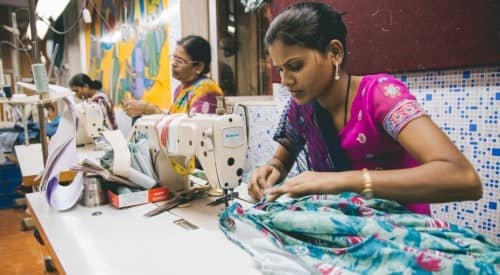
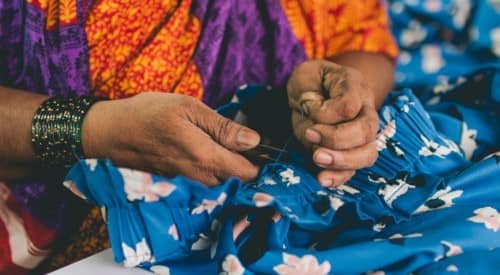
QUALITY YOU CAN COUNT ON
You can buy with confidence, knowing that you are getting top quality products. We source only the best fabric, and use the same fabric and quality checking for both our export and domestic sales.
Buying from us, you are also directly putting money into the hands of some of the most vulnerable sections of your society, the cotton farmers, the small scale weavers, the producer women who otherwise end up as domestic helps. Come visit our centers and see how your purchase is changing the lives of so many.
And last but not the least - with zero-carbon footprint, be happy in the knowledge that our kids will thank you for your choice.
BUILT ON A FAIR TRADE MODEL
Fair trade is as simple as saying that everyone who contributed towards making a product “fairly” shares in the profits from selling those products. As simple as that might seem, it is a rarity to find. Most companies share less than 15% of their income on salaries and don’t share any part of their profits with the very hands that built their empire. The rich therefore keep getting richer, and the working class, the producers -- keep getting relatively poorer.
At its heart FWB is a non-profit, so we do things very differently. Not only do our salaries correspond to over 40% of our income, we share profits with everyone at FWB. There is no “invisible hand” that takes a share – everyone from the person who cuts the cloth, to the person who stitches on the last button - is an owner. And so, our heart is in the game. This guarantees better products for our customers and a better world for our kids.
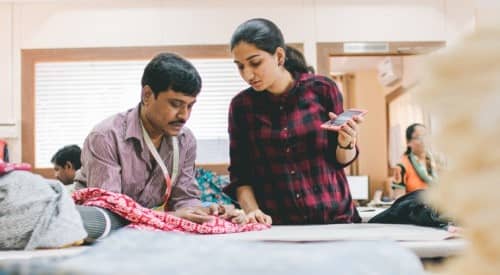
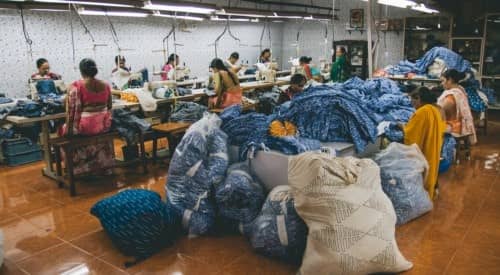
BORN OF CREATIVE HANDICRAFTS
Fashion With Benefits is a daughter organization of Creative Handicrafts that has been set up primarily to focus on the domestic Indian market. It brings all the goodness of Creative Handicrafts, and overlays that with a focus on designs and patterns that are unique to the Indian in each and every one of us.
MEET THE WOMEN WHO MAKE THE PRODUCTS
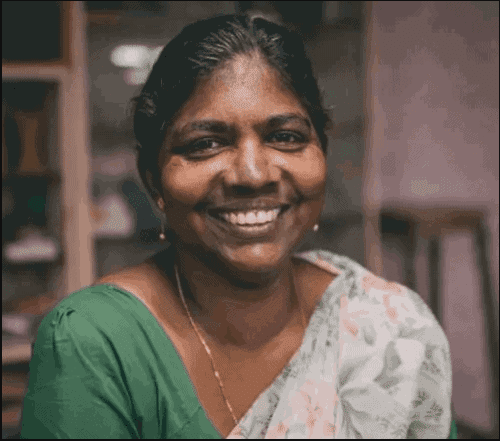
A Brighter Future For The Children
Beula Jose dreamt for many years that her children would get a good education. But her reality challenged this dream. She had reached a point where there was little money even for basic necessities like food, clothing and shelter. After…
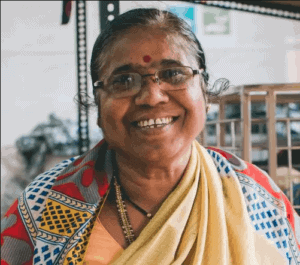
A Place for Companionship and Support
Sidamma was one of the first women to join Creative Handicrafts. In the initial days, Sister Isabel taught a few women to sew dolls which they went and sold outside schools and churches. Whatever money they made from this small…
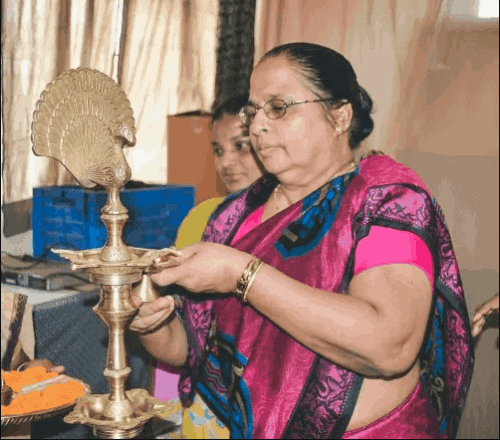
From Strength to Strength
Soon after her marriage, ill health had drained all of Laxmi’s financial resources. Even her husband could not find a solution to their problem. Seeing her little children deprived of food while she was given a larger share to sustain…
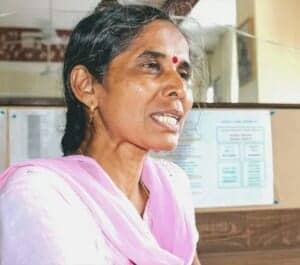
An Asli (true) Opportunity
Anjali Tapkire was one of the first women to join Creative Handicrafts. She has grown into a confident, independent woman. When asked about the reason for this, she says that growing with Creative Handicrafts is what has made her this…
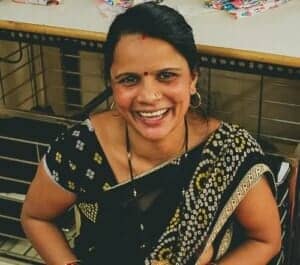
Breaking Barriers
Gudiya Yadav is from Uttar Pradesh, the northern part of India. She has 3 children. Her brother-in-laws used to beat her whenever she made any sort of mistake. At that time she did not feel supported by her husband and…
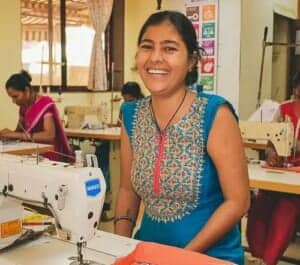
A Place of Respect
Right from childhood, Rinku was never taught to be independent. It always seemed the goal was for her to get married, which she did at the age of 17. Her life became terrible. She was physically and mentally abused at…